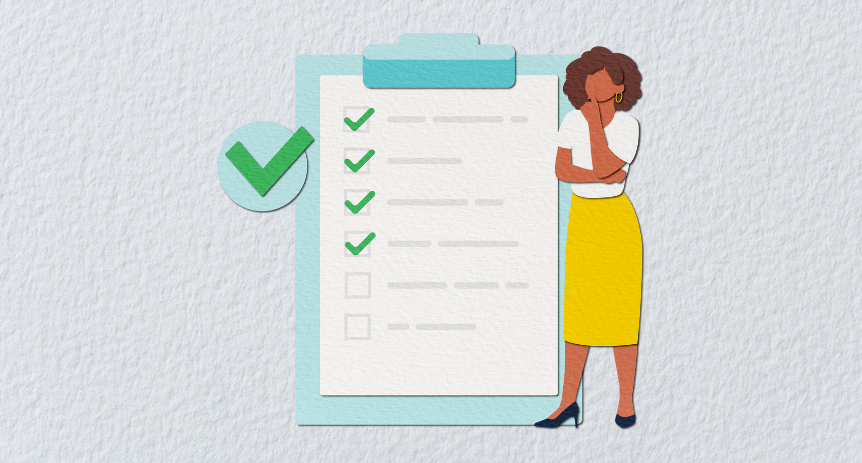Building rapport with students is one of the most important skills a substitute teacher can develop. Establishing a connection quickly allows you to create a positive learning environment where students feel respected and engaged (not to mention, it’ll help the day go by smoother!).
Here are some quick and simple ways to build rapport with students:
Greet students at the door
Start your day by standing at the door and greeting each student as they enter. A simple “Good morning” or “Hello” with a smile creates a warm and positive tone that lets students know you’re approachable and excited to be there. This small gesture can make a big difference in how students perceive you right from the start.
Learn (and use) their names
Nothing builds rapport faster than using a student’s name. It shows that you see them as an individual and are interested in who they are. If you’re in a classroom for a full day or more, take a few minutes at the beginning of class to introduce yourself and ask students to share their names. Use a seating chart or name tags if available to help you remember.
Share a bit about yourself
Students are more likely to connect with you if they know a little about who you are. Share a brief story or fun fact about yourself that’s relevant to the subject you’re teaching or just to break the ice. For example, “I love science, and in my free time, I enjoy embroidery and going to the movies. What about you?” This opens up a dialogue and makes you more relatable.
Show genuine interest
Ask students questions about their interests, hobbies, or what they’re working on in class. Showing genuine curiosity about their world helps build trust and makes them feel valued. For example, if you notice a student wearing a sports jersey, you could ask, “Do you play on a team, or are you a big fan?”
Be consistent and fair
Students respond well to teachers who are consistent and fair in their approach. Clearly communicate your expectations and follow through with them. This consistency builds trust and helps students feel secure in the classroom environment. Remember, fairness is key—students are quick to notice if someone is being treated differently.
Use positive reinforcement
Reinforce positive behavior with specific praise. Instead of just saying “Good job,” try something like, “I really appreciate how you stayed focused during the lesson—well done!” This not only acknowledges good behavior but also encourages it to continue. For younger students, awarding stickers or other small incentives is a super effective way to reinforce positive behavior.
Be approachable and friendly
Maintaining a friendly and approachable demeanor goes a long way. Even if a student is being challenging, always respond with calmness and understanding. Your positive attitude can help de-escalate situations and show students that you’re someone they can turn to if they need help.
Incorporate student interests into lessons
If you know what your students are interested in, try to incorporate those topics into your lessons. This could be as simple as using examples from popular culture or sports when explaining a concept. When students see that you’re making an effort to relate the material to their lives, they’re more likely to engage and participate.
Listen actively
When students speak, give them your full attention. Active listening involves making eye contact, nodding, and responding appropriately to what they say. This shows respect and helps build a connection, making students feel heard and understood.
Have a sense of humor
Don’t be afraid to have a little fun with your students. A well-timed joke or light-hearted comment can ease tension and make the classroom a more enjoyable place. Just be sure to keep it appropriate and inclusive, so everyone feels comfortable.
Building rapport with students doesn’t have to be time-consuming or complicated. The next time you step into a classroom, try out some of these tips, and you’ll likely find that both you and your students have a better experience.

The definitive substitute teacher handbook
Your complete guide for substitute teaching in every grade and subject




